AWS offers a diverse range of engaging and informative webinars designed to broaden your knowledge in the water sector. Our team of experts, industry leaders, and passionate educators from around the globe deliver captivating webinars covering a wide array of topics within the water and related sectors.
Past Webinars
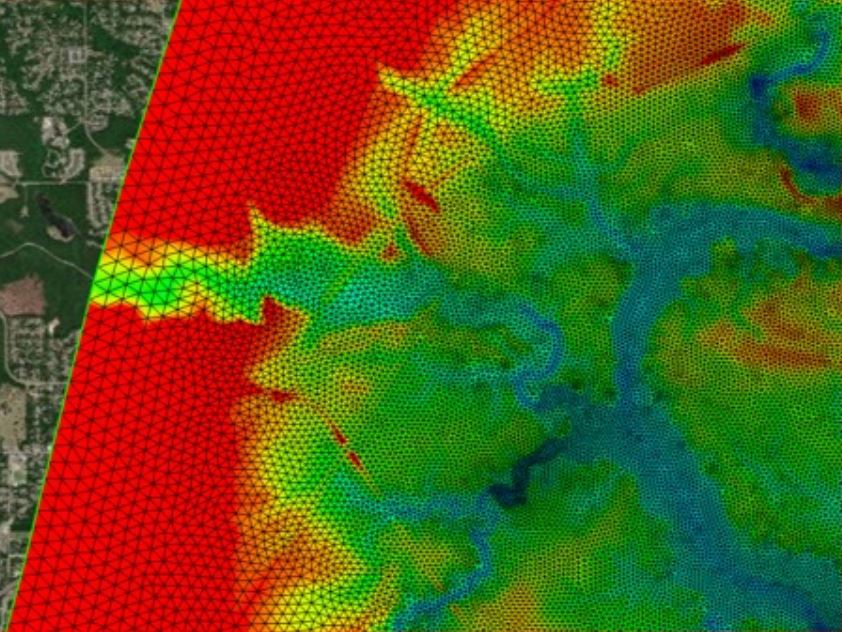
We also offer
Tailored training!
Customised learning experiences designed specifically for your organisation or team to meet your unique needs.
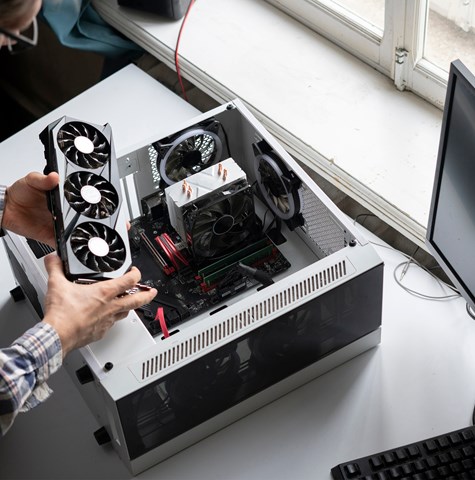
Computer hardware for hydraulic modelling
Purchasing advice and compelling insights regarding computer hardware best fit for hydraulic modelling
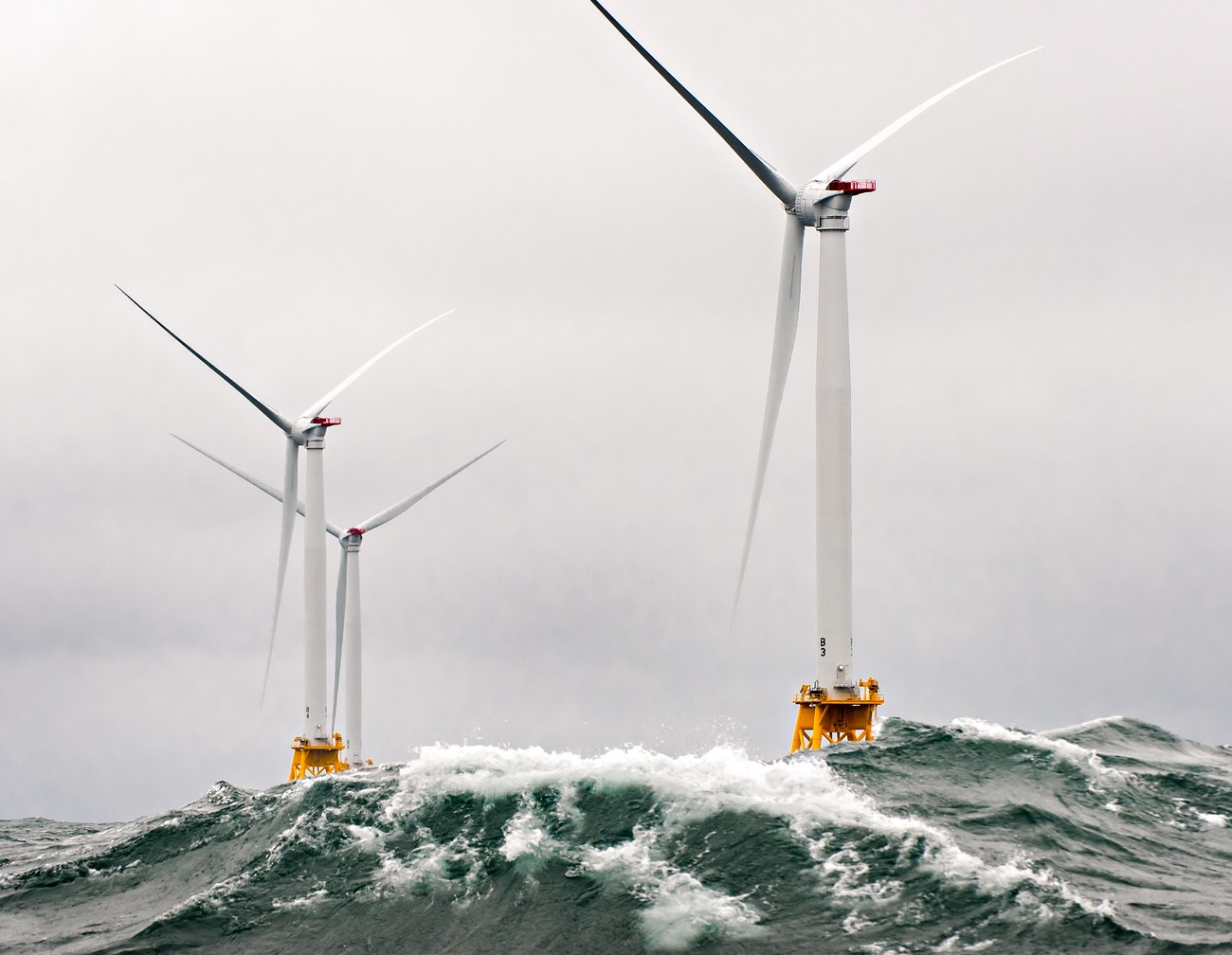
Structures in the Marine Environment
Assessing the design and impacts of offshore wind structures in the marine environment, including fixed bottom and floating wind turbine generators.
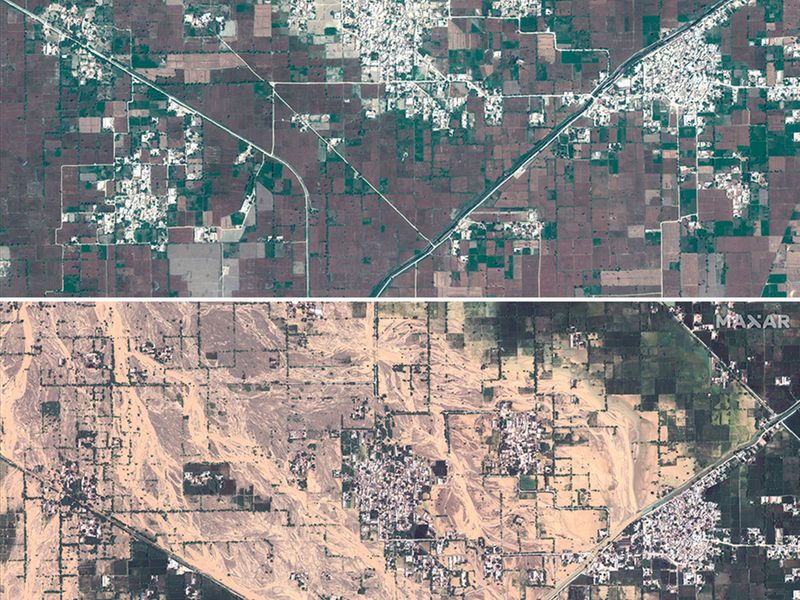
AI tools for flood assessment and modelling
Using AI-based GIS tools to improve flood modelling efficiency
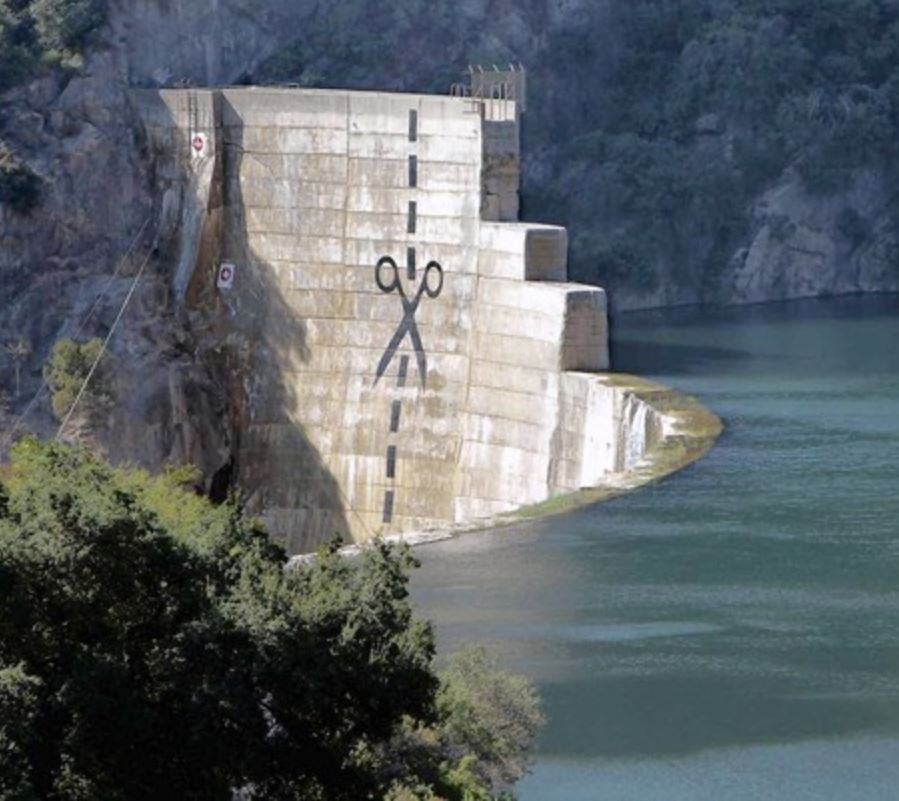
What’s mud got to do with it?
Reservoir sedimentation and dam removal using HEC-RAS (6.4 release) and other tools
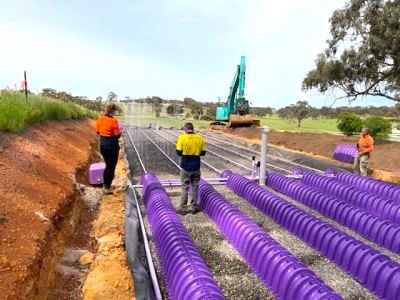
Harnessing nature for wastewater
Learn how passive and low-input wastewater systems utilise cutting-edge technology, providing various benefits for wastewater treatment
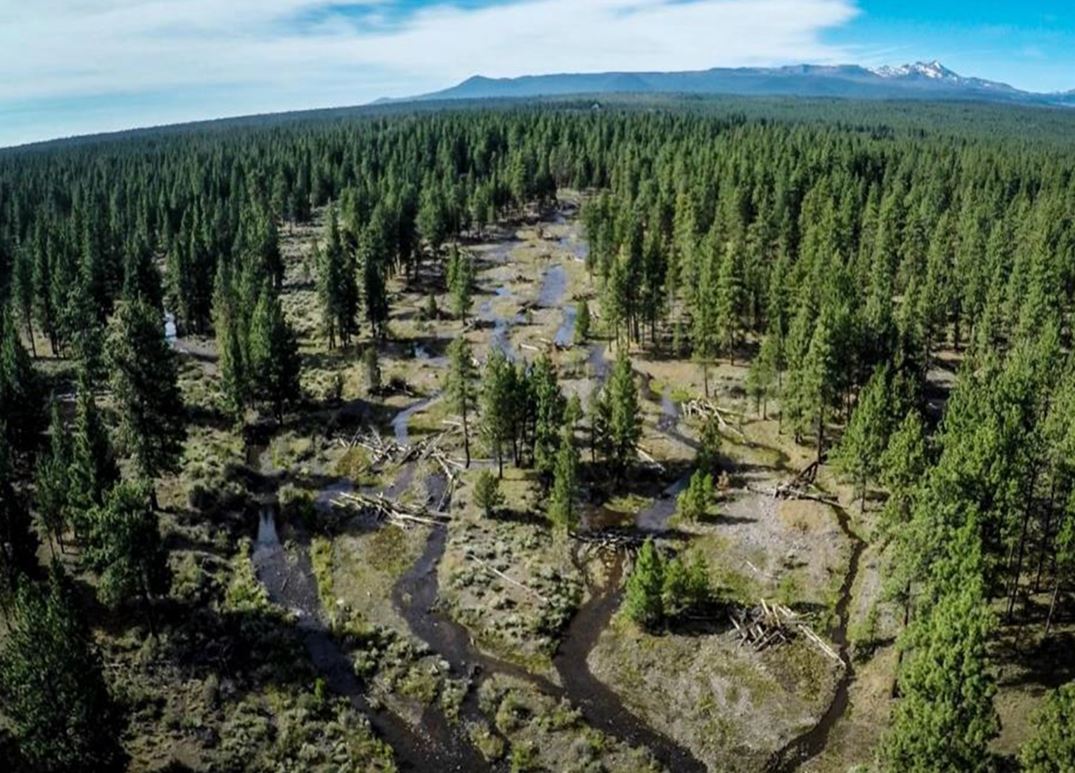
Let it flow, let it flow!
Introducing the 'Stage Zero' approach for geomorphological design and assessment of channels
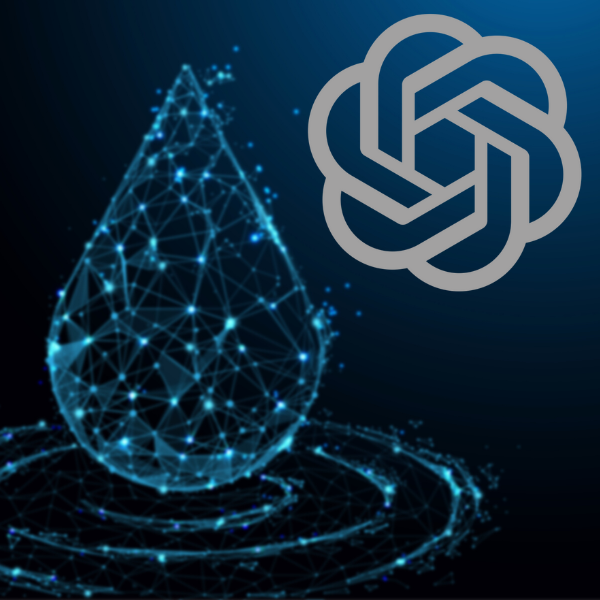
ChatGPT: Water sector applications
Can AI tools like ChatGPT provide benefits to the water sector?

Water quality modelling – Part 2
Modelling the environmental fate and transport of pathogens
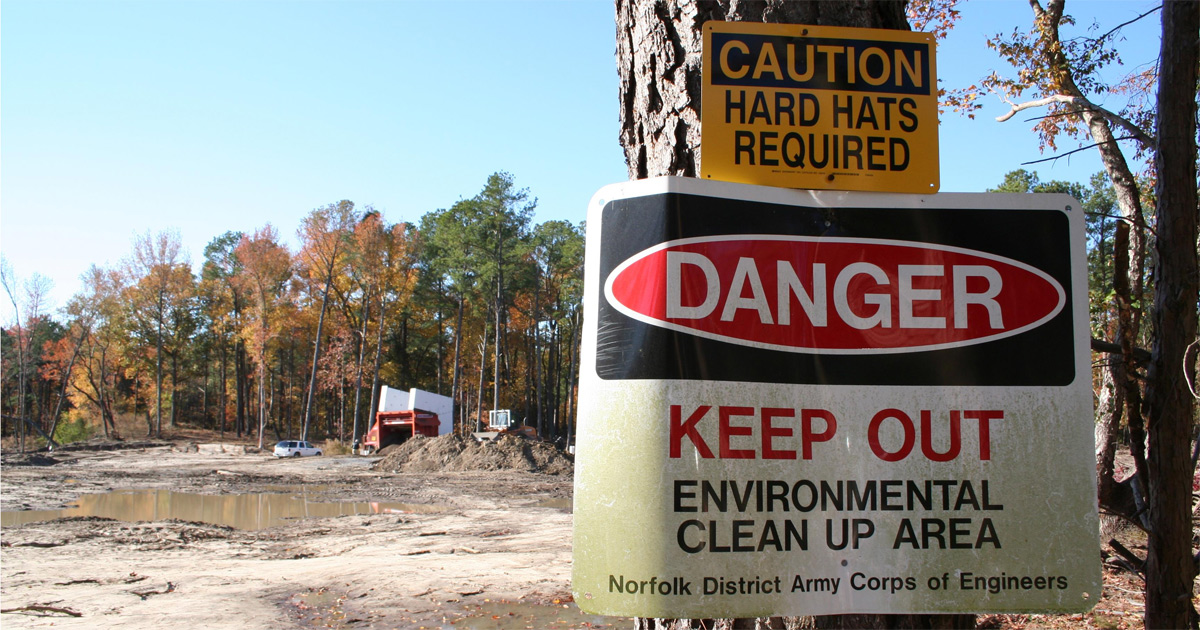
Tracking contaminant spills
Join industry experts tasked with responding to contaminant spills that affect waterways and aquifers
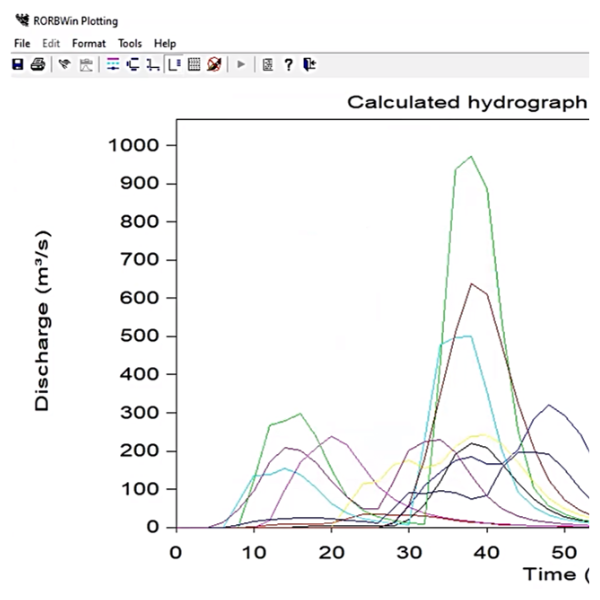
RORB essentials for water modelling
Learn how to apply RORB to model general runoff and streamflow routing from rainfall and other channel inputs
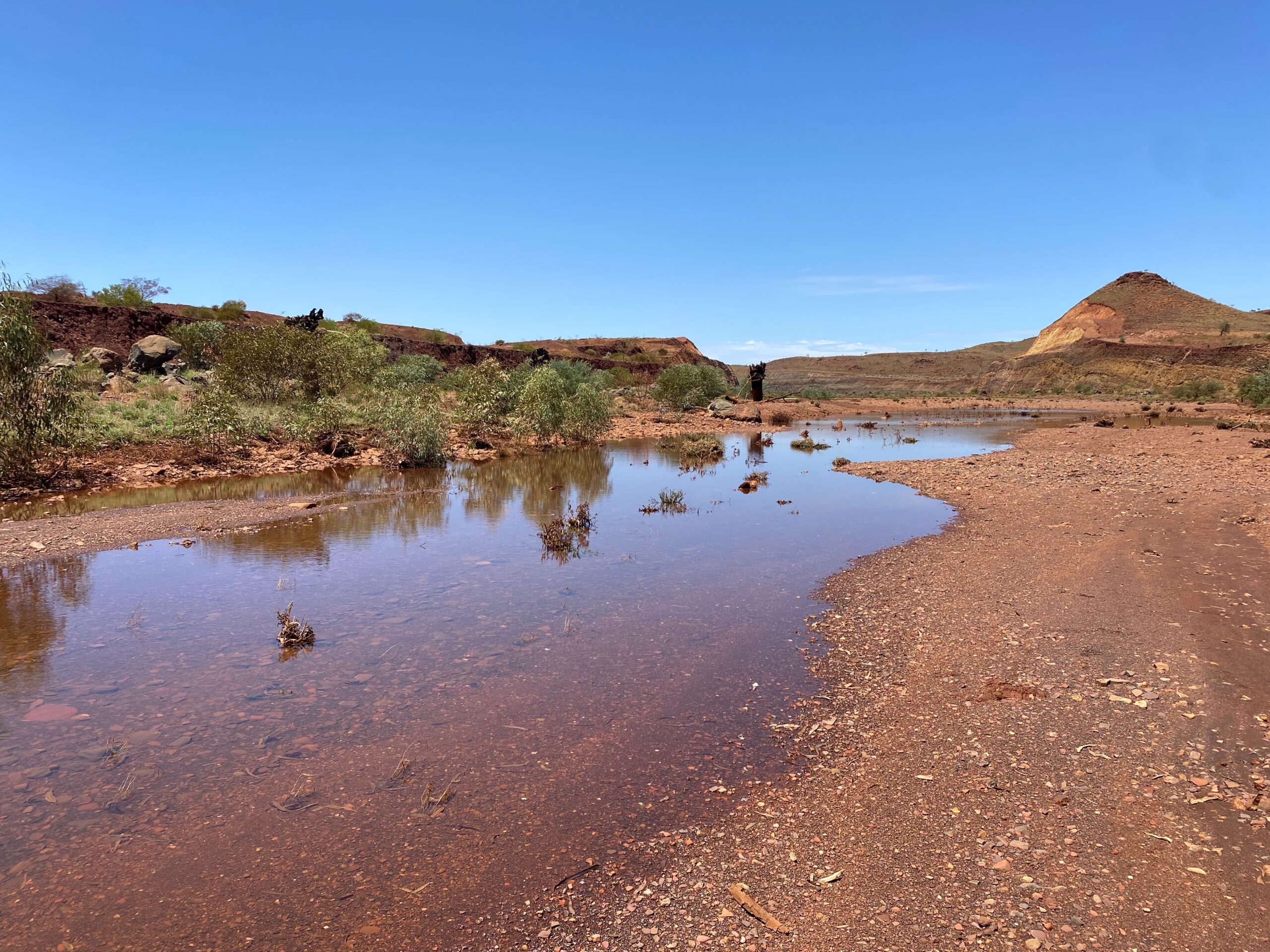
Mine water management
Surface water solutions for effective mining closures
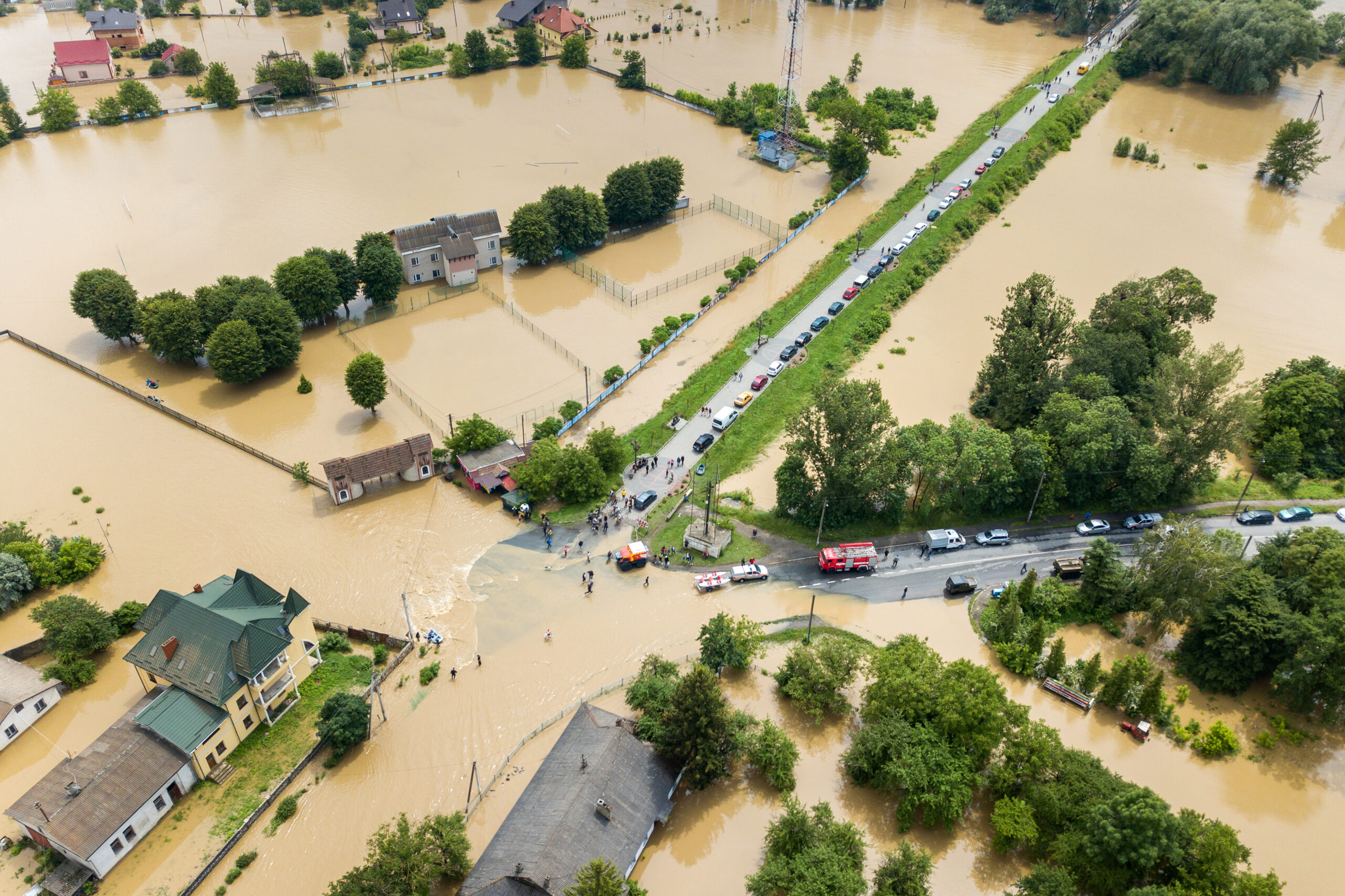
Flood modelling 101
New to the industry or want to understand the essentials of modelling floods? This webinar provides a concise introduction.
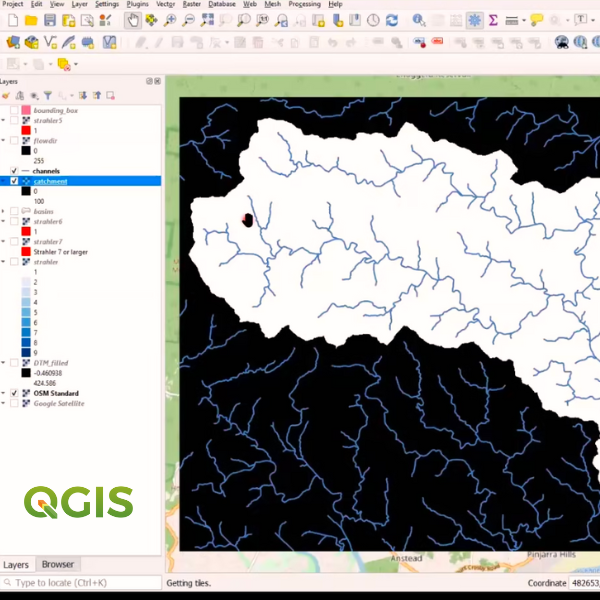
QGIS essentials for water modelling
Learn how to apply free GIS applications and plugins to aid the development and animation of water modelling
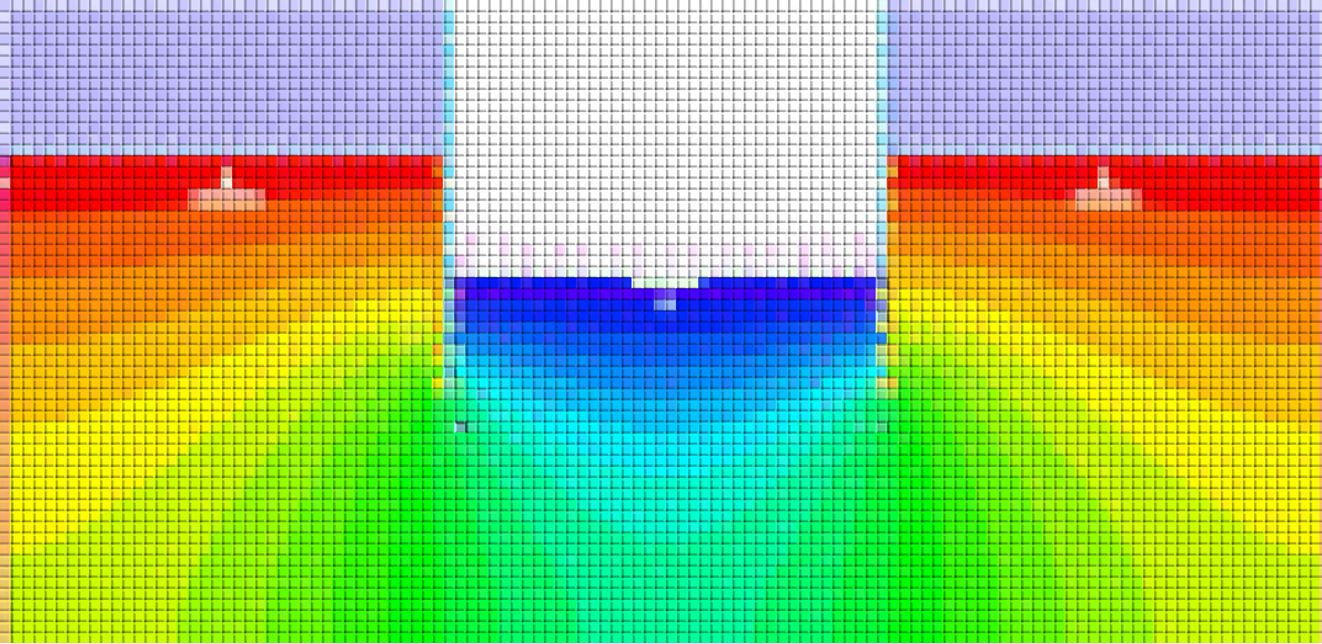
Groundwater with Darcy and Bernoulli
Applying the Bernoulli Equation and Darcy's Law for groundwater flow
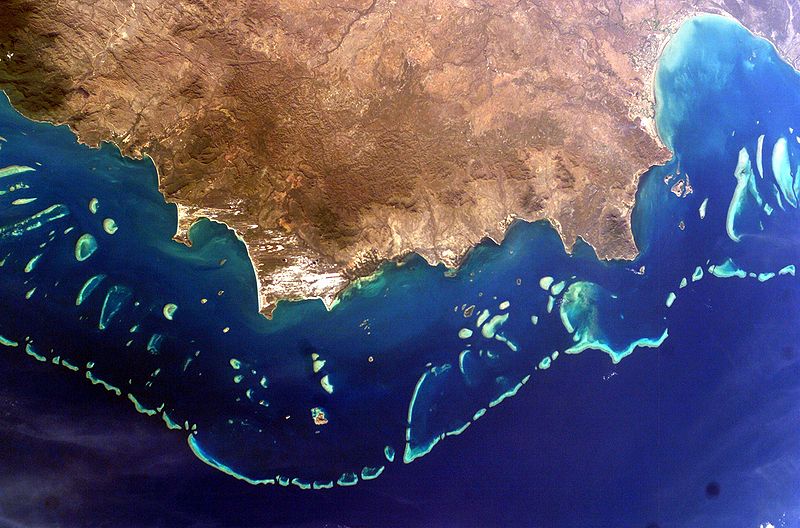
Buying time for coral reefs
Join us for a panel discussion about buying time for coral reefs with local and global solutions
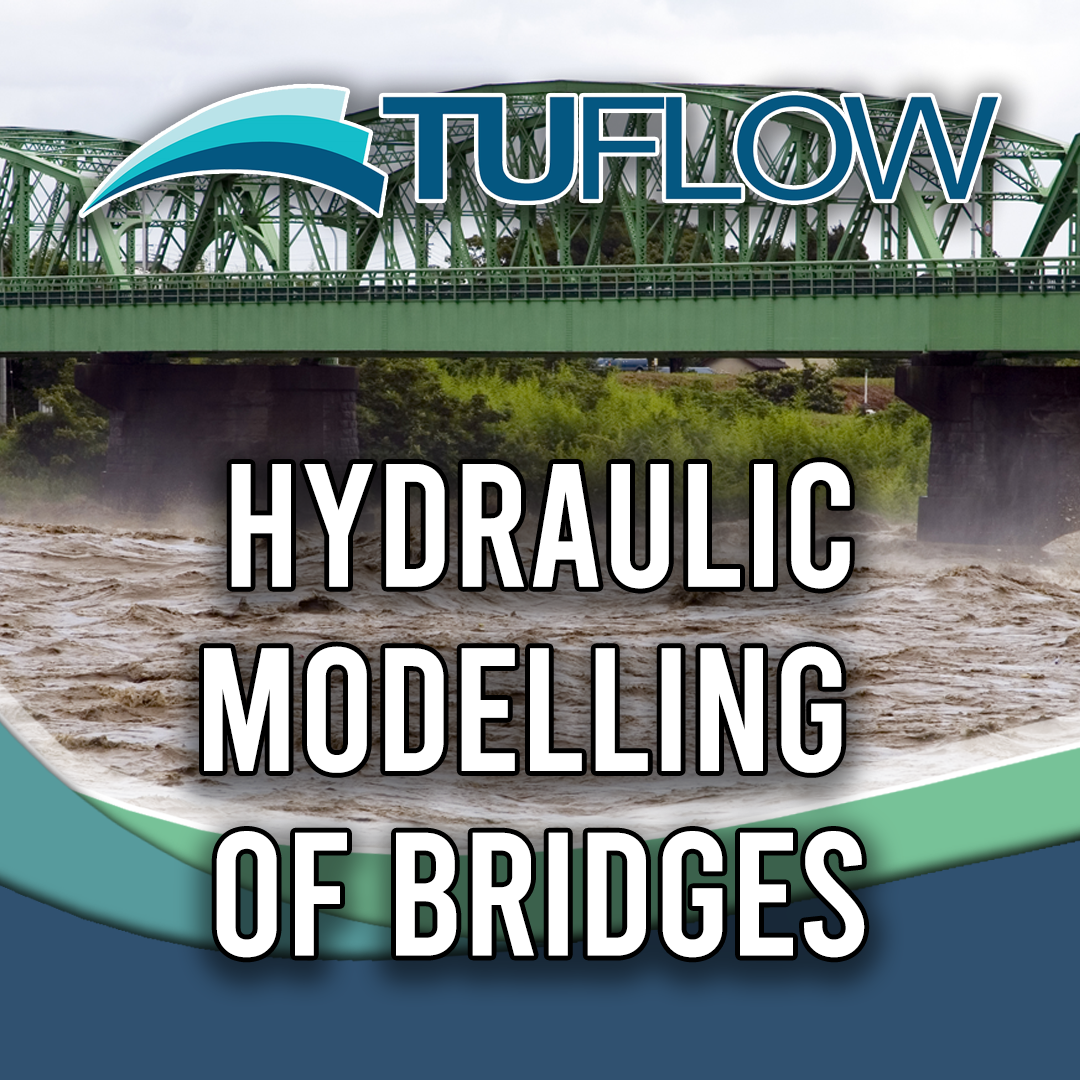
1D, 2D and 3D hydraulic modelling of bridges
Modelling bridge crossings in 1D, 2D and 3D: challenges and uncertainties
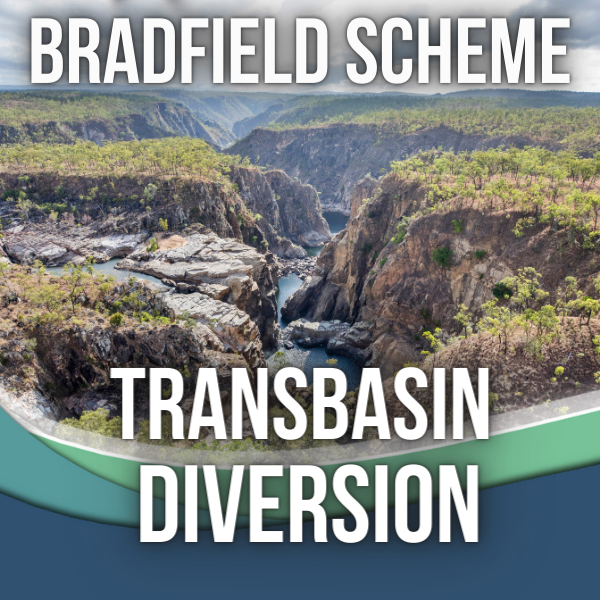
The Bradfield Scheme
Does Australia’s famous transbasin diversion proposal stack up? Discover more about the science behind its evaluation and lessons learned about inter-basin water diversion.
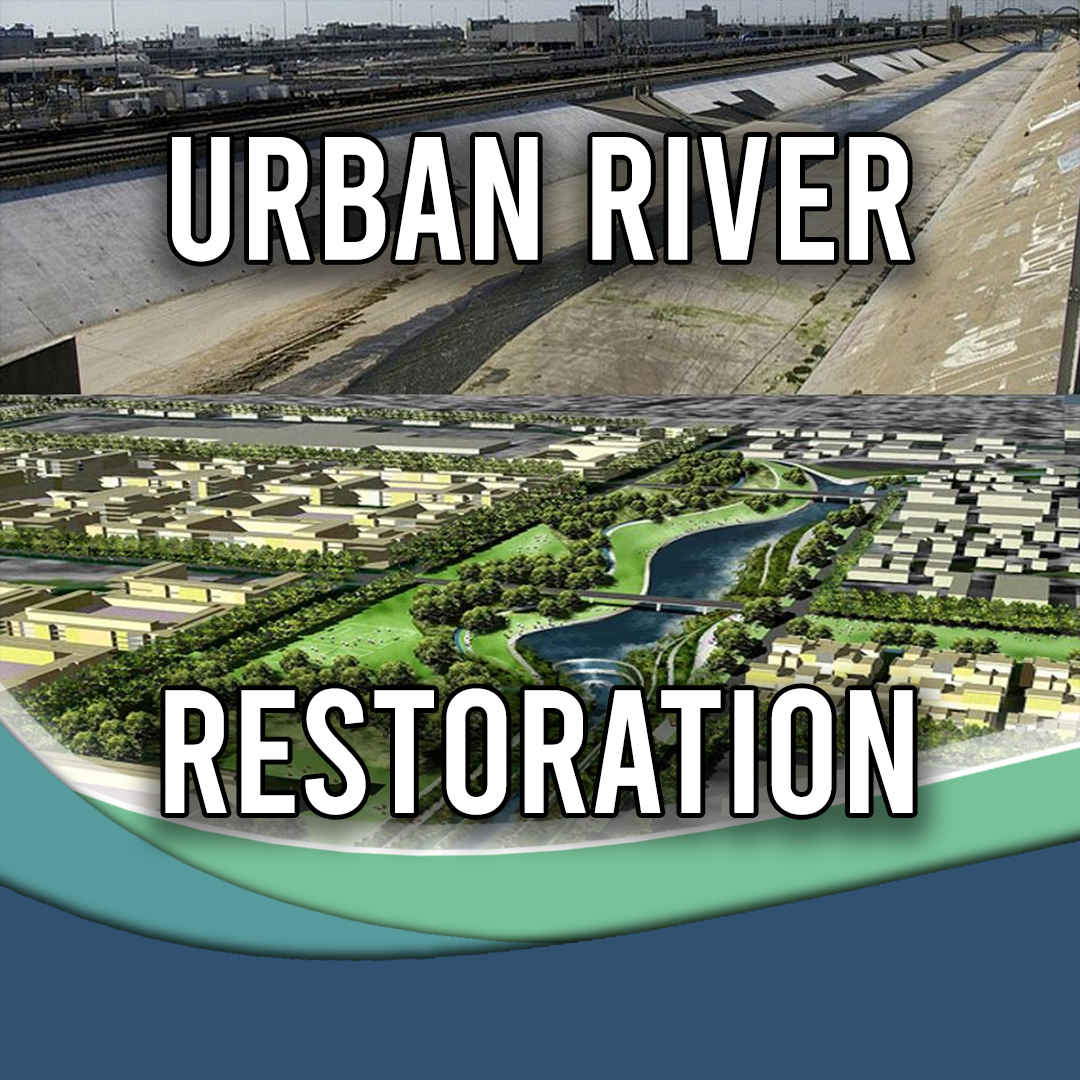
Escape from the concrete jungle
Join us for a discussion of river restoration projects that have been undertaken in urban settings, including both successes and failures
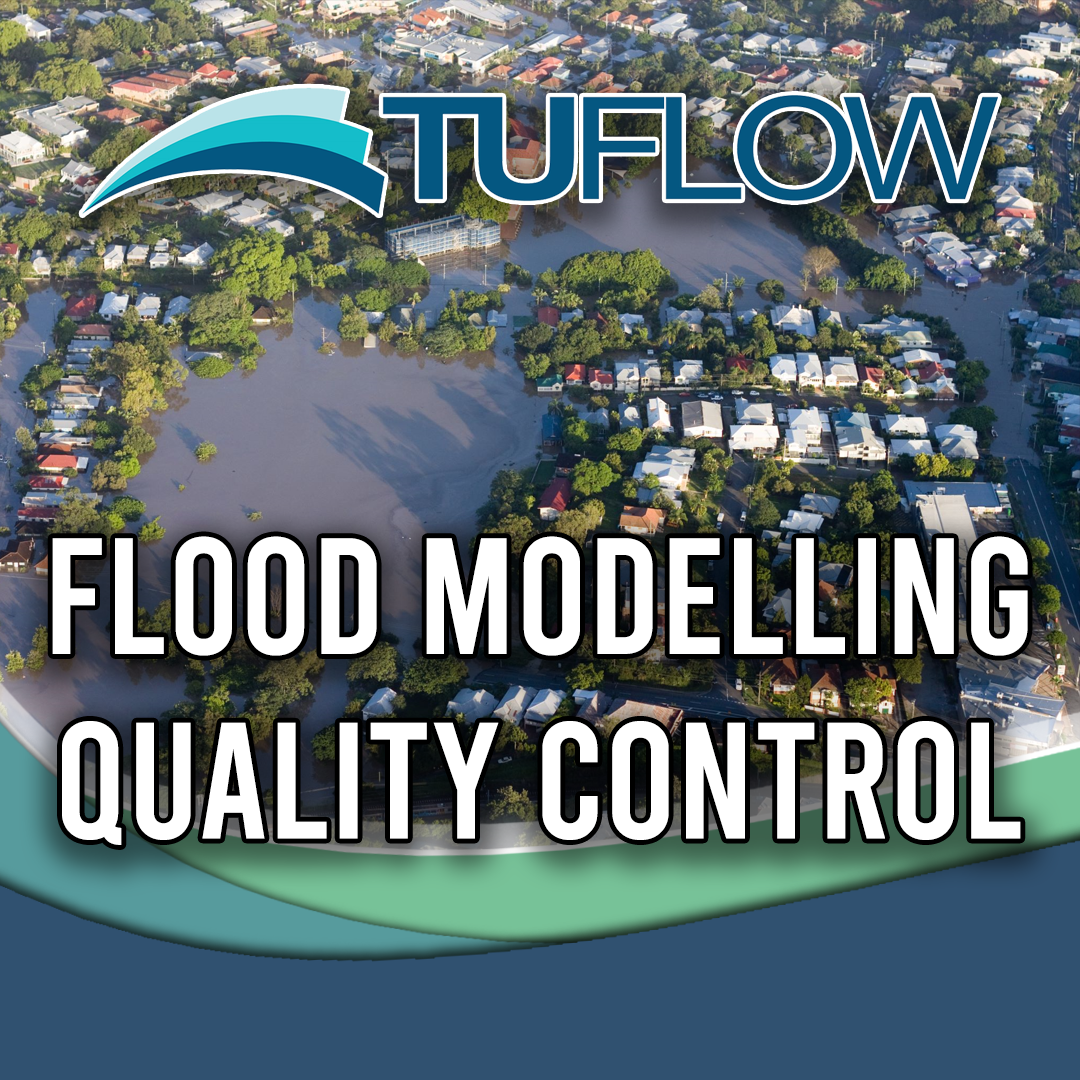
Flood modelling quality control
TUFLOW modelling: practical approaches to minimise errors

MODFLOW 6 and FloPy
Numerical modelling with MODFLOW 6 and FloPy for beginners
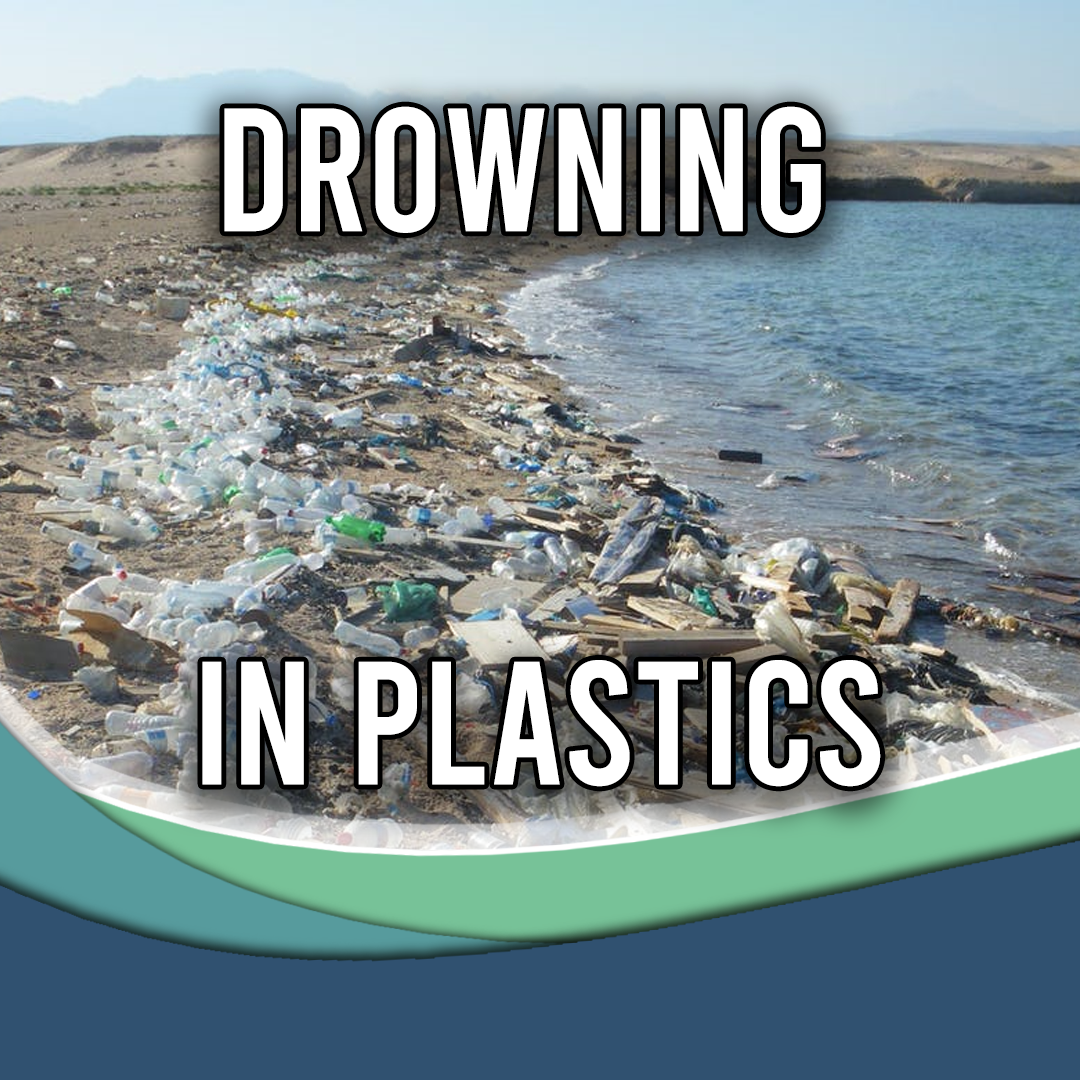
Panel Event: Drowning in plastics
A special panel discussion to meet filmmakers, activists, and scientists who are trying to keep plastics out of waterways and clean up our waste
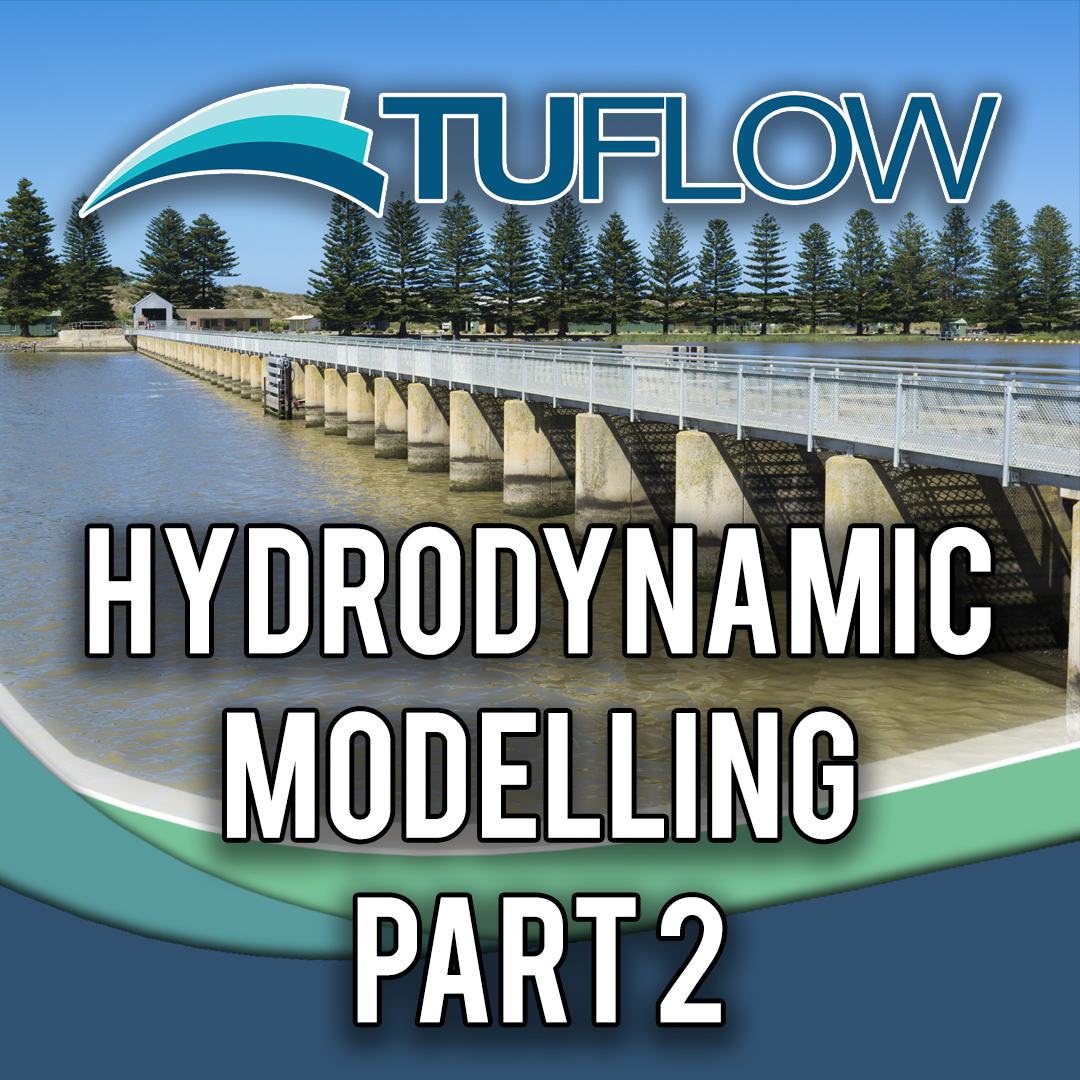
Applied hydrodynamic modelling – Part 2
Demonstrating the use of hydrodynamic modelling as a tool for engineering planning and design
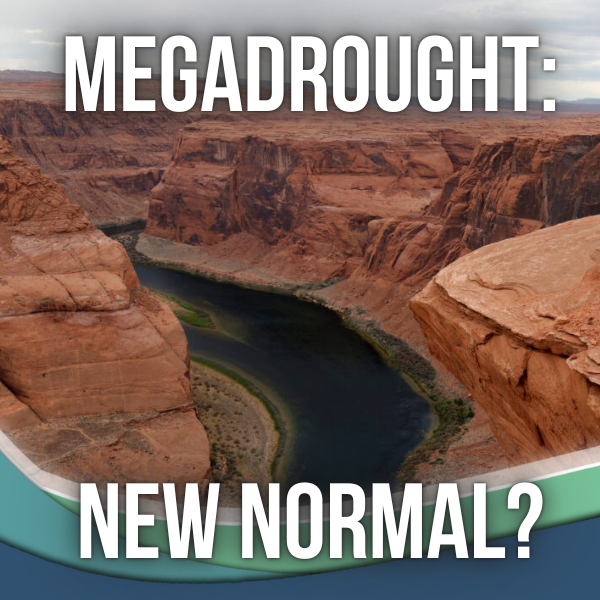
Megadrought: the new normal?
How you can make a positive difference after examining the impacts and future projections of droughts and megadroughts globally.
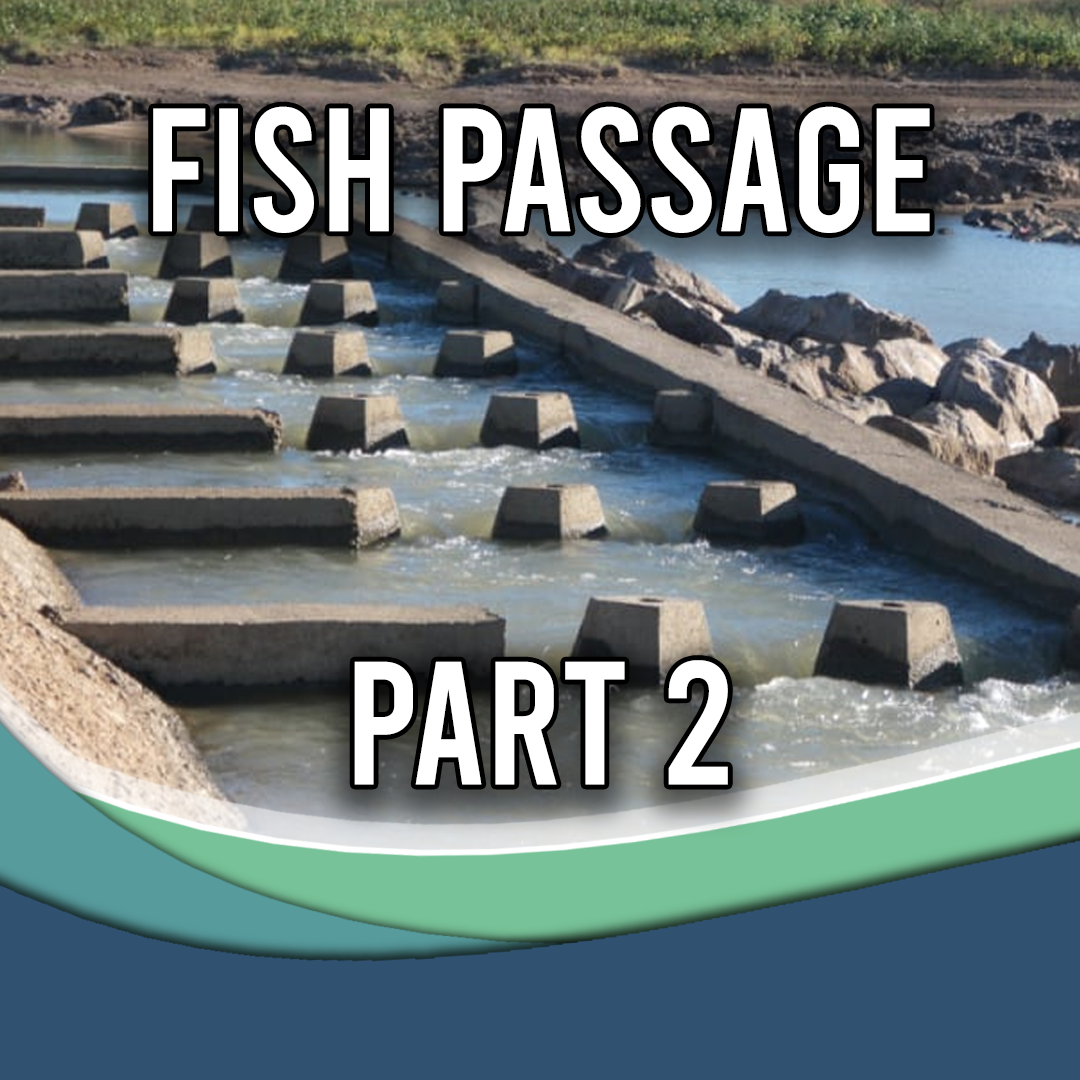
Something’s fishy, part 2
We continue our exploration of fish passage hydraulics with Part 2 dedicated to Australian species
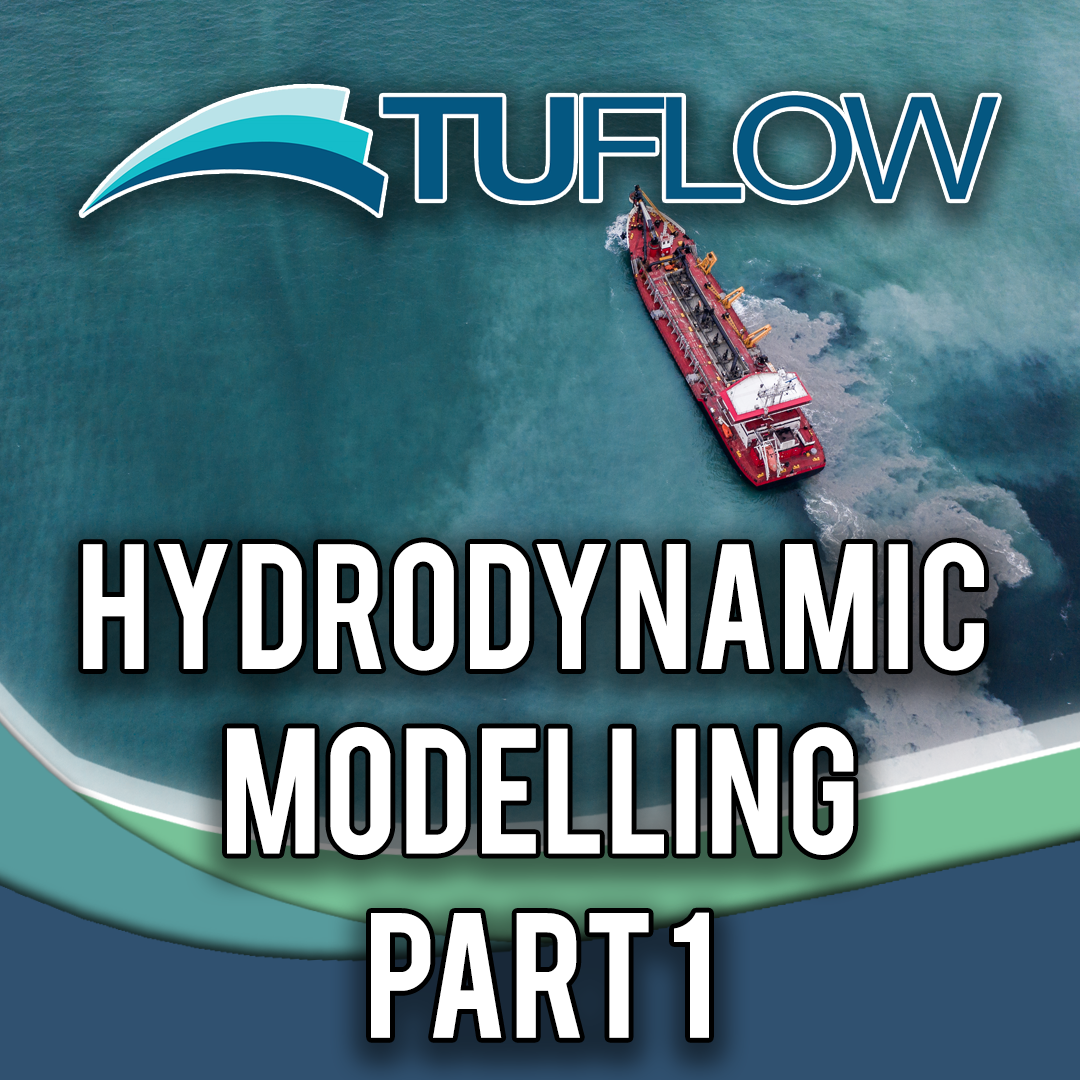
Applied hydrodynamic modelling – Part 1
Two case studies demonstrating the use of hydrodynamic modelling as a tool for environmental management decision making
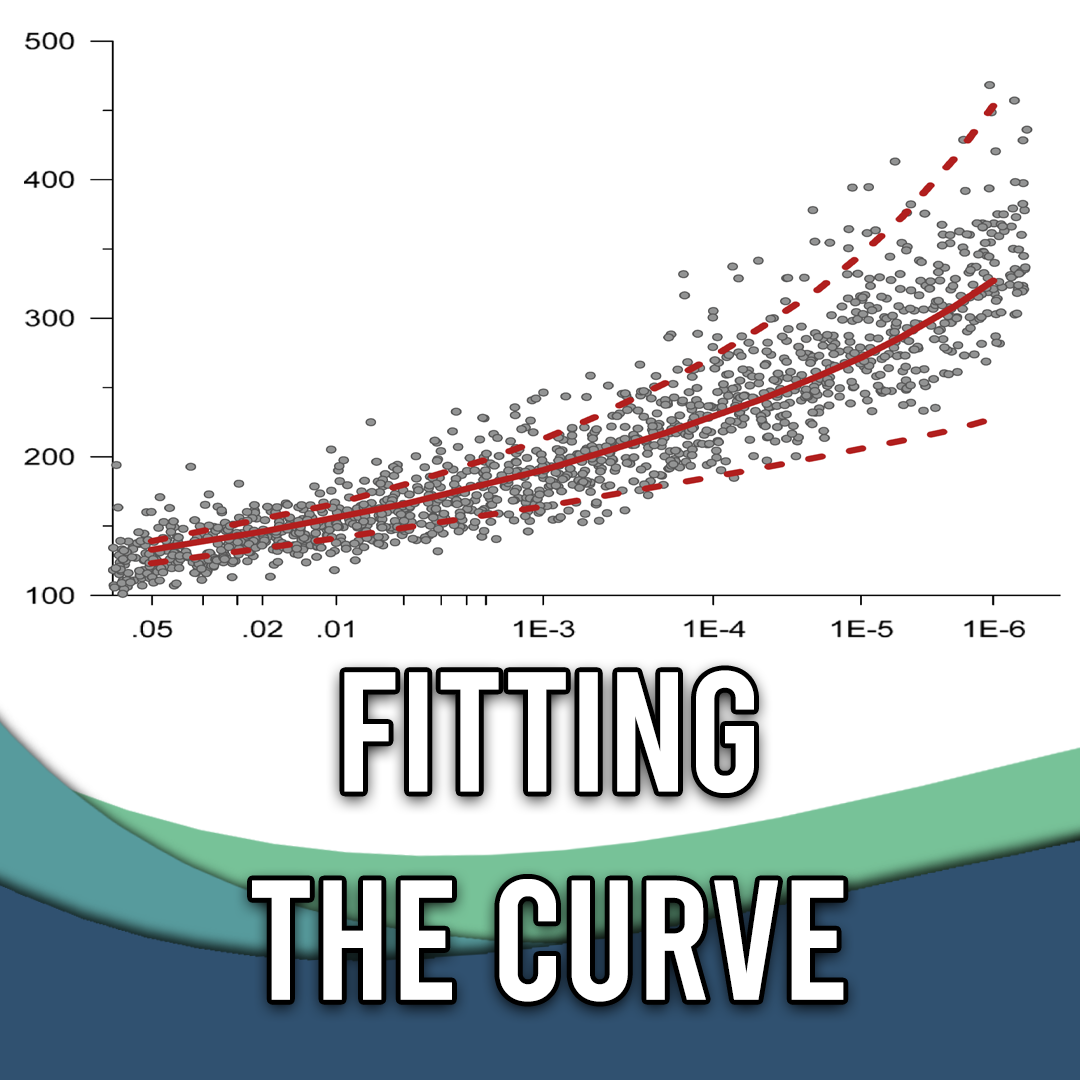
Fitting the Curve
Finding the best fit for flood frequency analyses
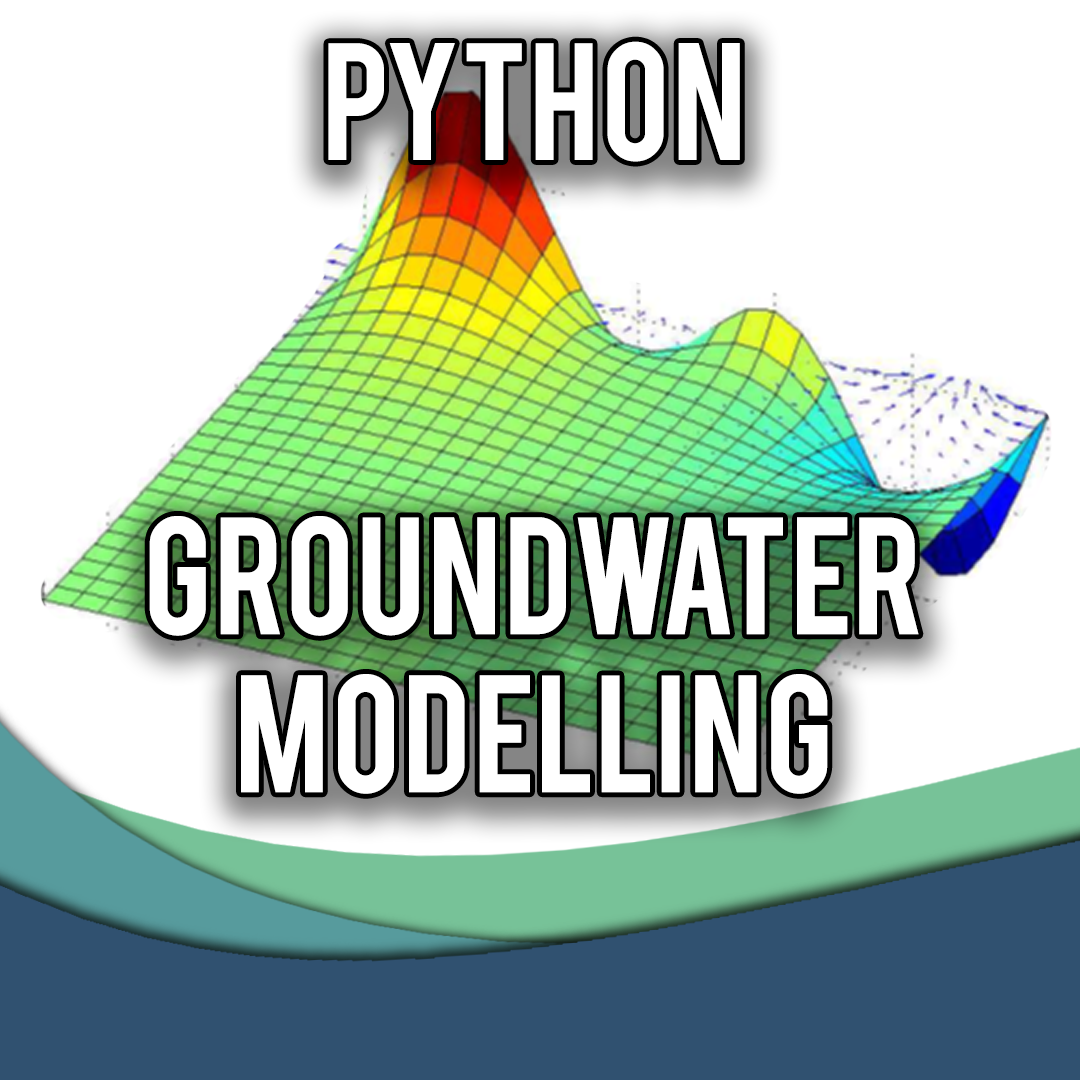
Groundwater modelling in Python
How mathematical groundwater models can be implemented in Python
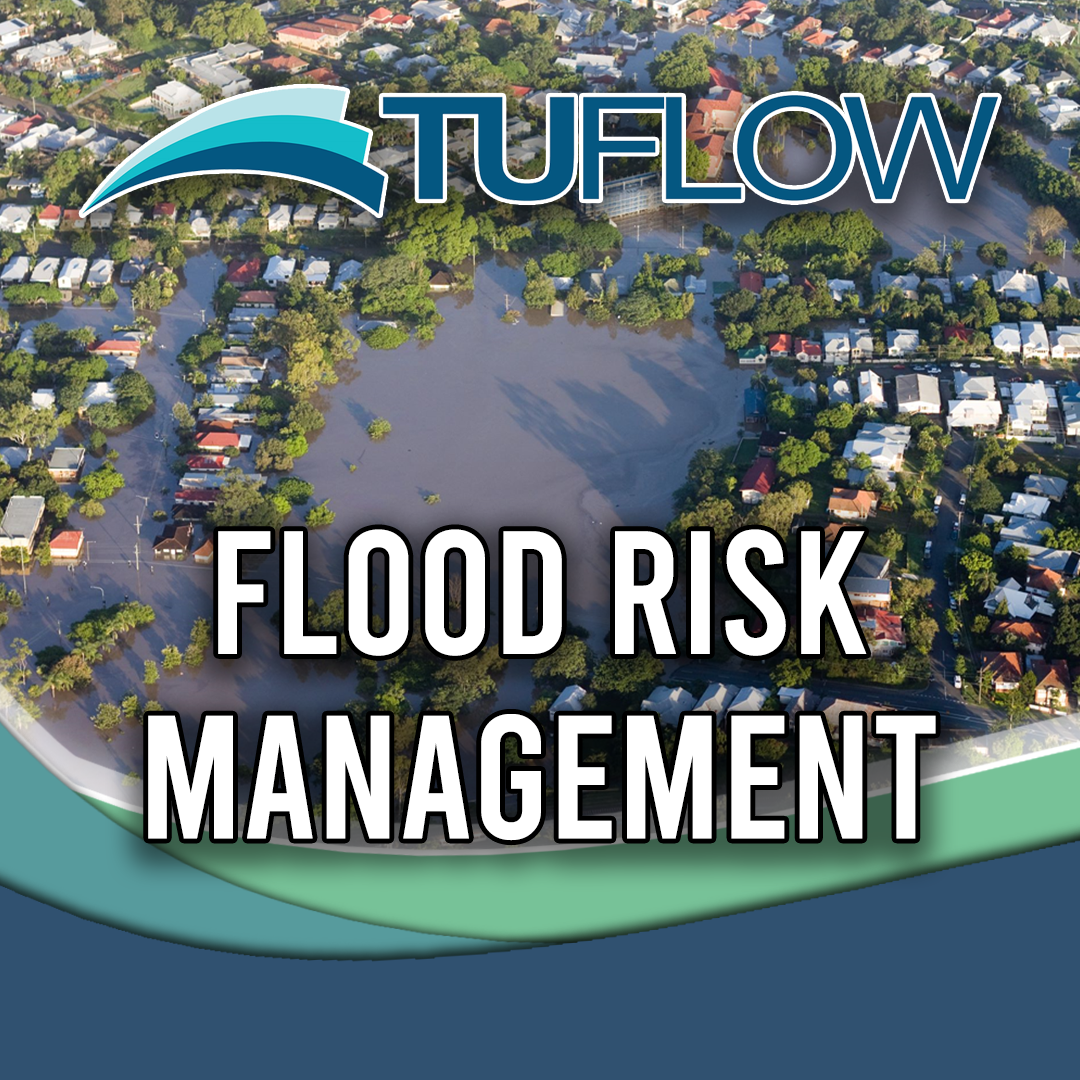
Theory vs practice – the challenges of flood risk management
Best practice floodplain management: how to develop management measures within the limitations of reality
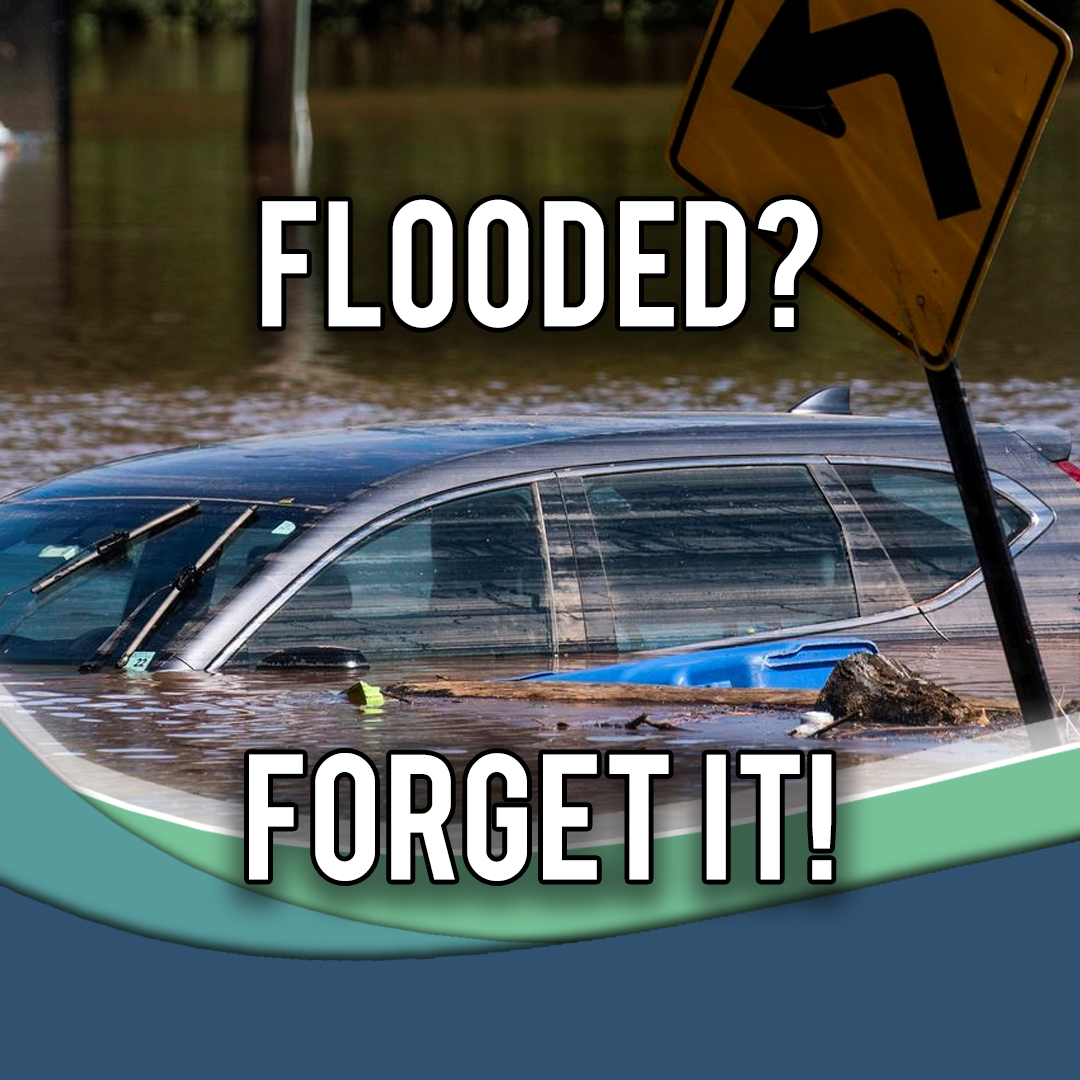
Flooded? Forget It!
Learn about the hydraulic design principles for low-water crossings and find out why you shouldn’t cross flooded roadways
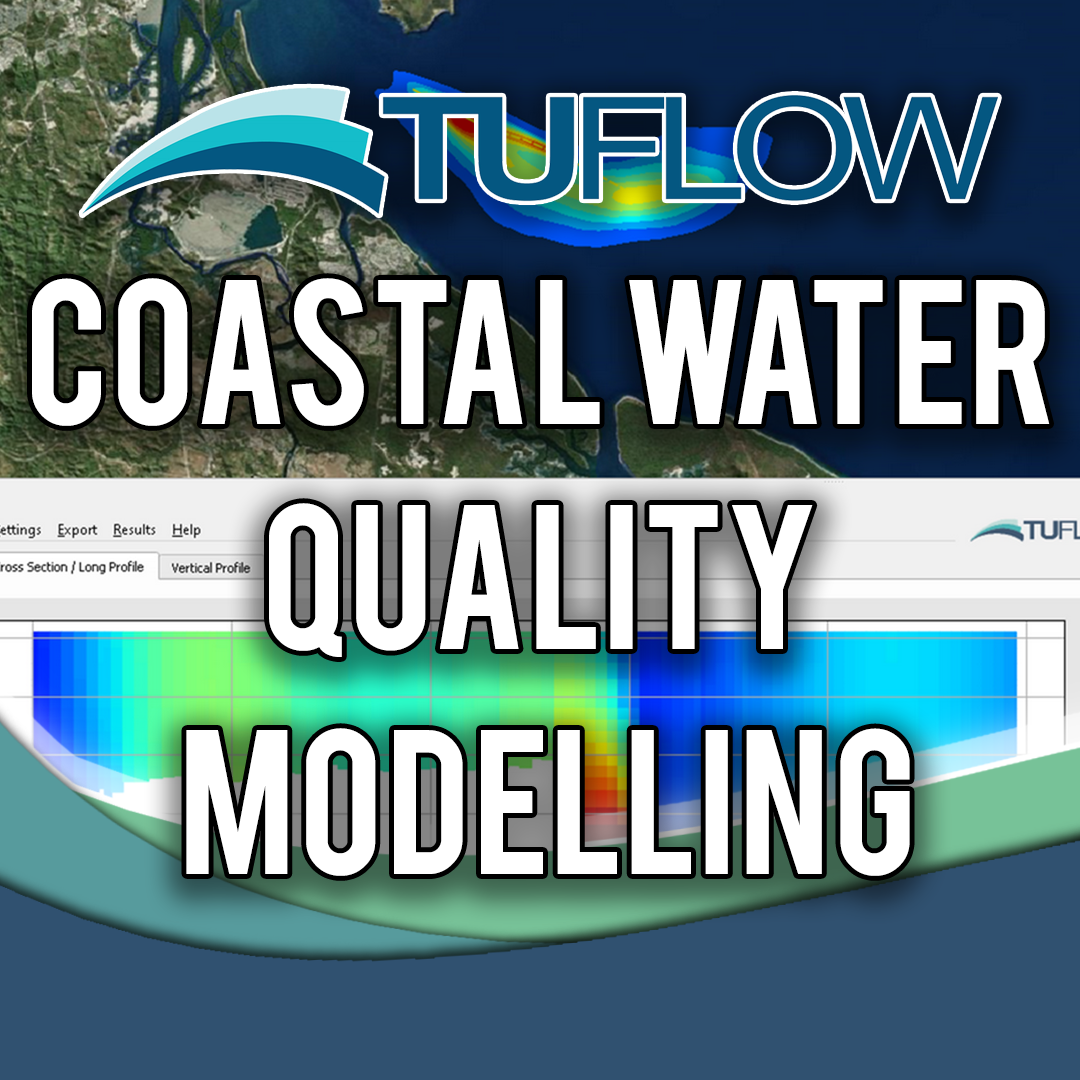
Coastal water quality modelling 101 – Part 1
Making the most of our coast whilst minimising impact: 3D water quality and environmental modelling applications

